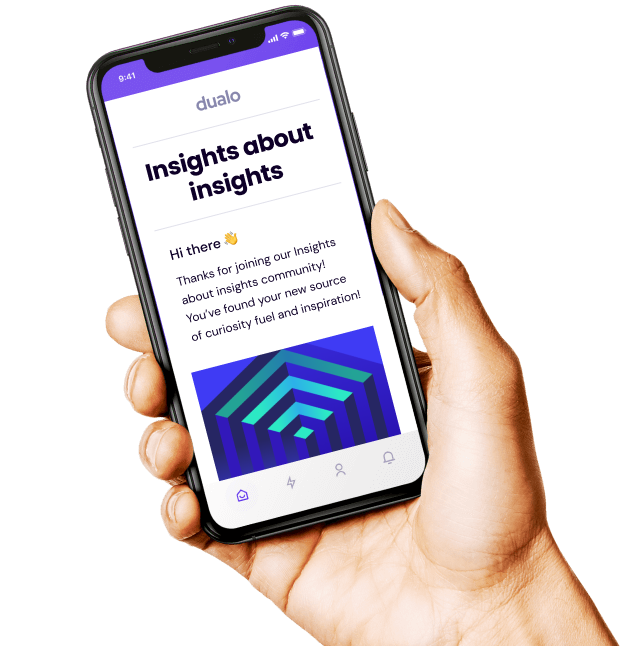The state of research in 2022, an interview with Janelle Ward
Last month we caught up with research leader, Janelle Ward, to talk about the state of research in 2022, how teams can help their organisation accelerate to an ‘insights-ready’ mindset, and how to truly maximise the value and impact of their research skills.




.svg)

.jpeg)

.jpeg)
.jpeg)

